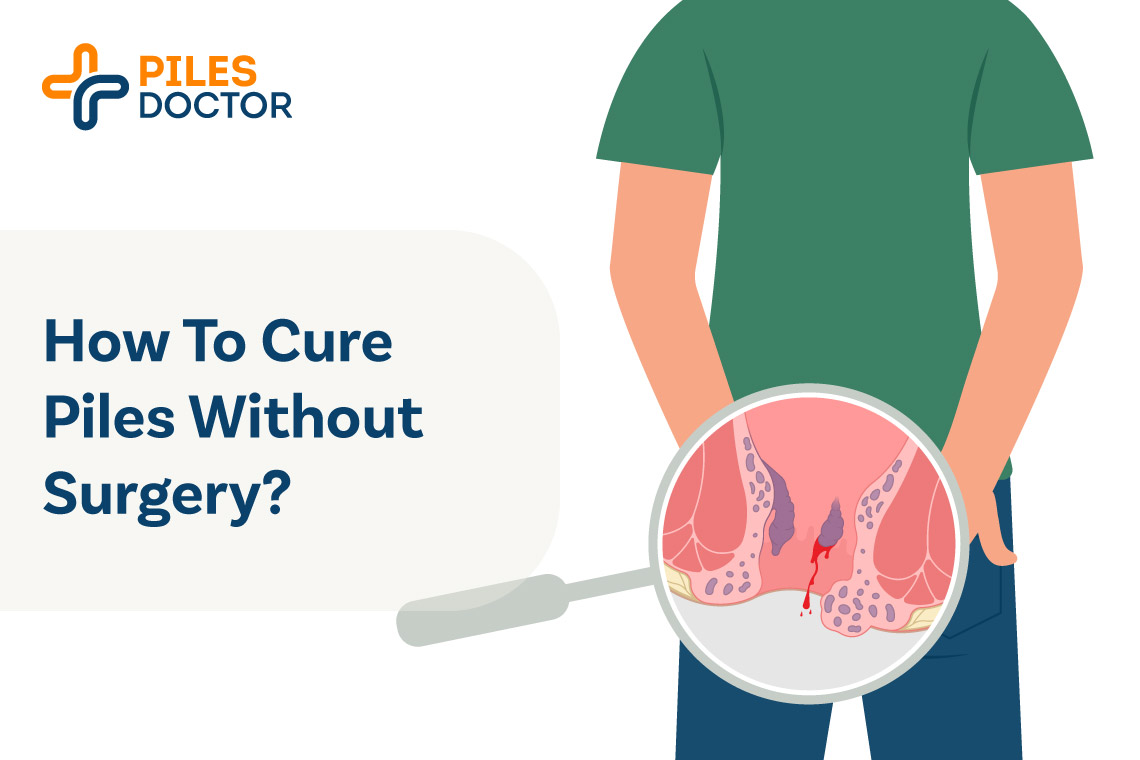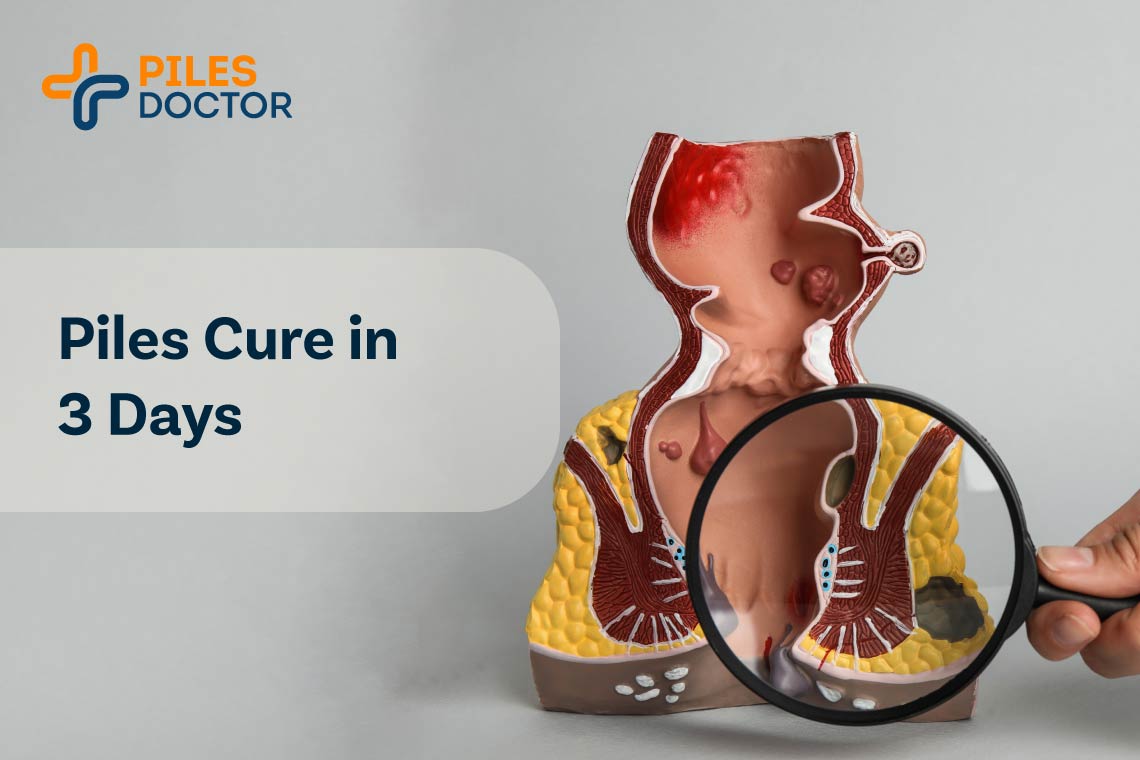A proctologist is a surgeon who diagnoses and treats disorders related to the gastrointestinal tract. They specialize in treating diseases that occur in the rectal, anal, and colon regions, also referred to as anorectal diseases.
Over the recent years, the term proctologist is becoming outdated and now they are called colorectal surgeons. If you have any problem related to the lower digestive tract, you will have to visit a proctologist to get proper treatment.
Anorectal diseases are very common among people of all age groups. And most of these diseases have similar symptoms that make it harder for the person to self-diagnose the diseases. The different types of anorectal diseases are:
- Abscess
- Fistula
- Anal skin tags
- Fissures
- Hemorrhoids
- Colon and rectal cancer
- Irritable bowel syndrome (IBS)
- Inflammatory bowel disease (IBD)
- Sexually transmitted diseases (STDs)
Among these diseases, hemorrhoids, fissures, and fistulas are the most common types of anorectal diseases. In most cases, these diseases can be treated using home remedies and over-the-counter (OTC) methods. But there will be times when a trip to the proctologist will be warranted.
Even though most anorectal diseases are not life-threatening, it is important that you know when to visit a doctor. So, here we give you a list of symptoms that require immediate attention from a proctologist.
Symptoms That Warrant a Visit to Proctologist
People often hesitate to discuss anal symptoms with the doctor. This results in a late diagnosis of anorectal disorders and impacts the health of the person. Therefore, we present a list of symptoms that are alarming enough to need a visit to specialists.
Anal Itching or Burning
Anal itching is a common symptom for a variety of anorectal disorders, including diarrhea, hemorrhoids, anal fissure, anal tumors, and sexually transmitted diseases. Along with anal itching, you will experience other symptoms such as burning sensation, soreness, visible redness, swelling, ulcers, or a rash around the anal region.
If the itchiness doesn’t disappear after a few days of trying self-care treatment methods and it starts disrupting your regular life, it is time that you visit a proctologist and get diagnosed to find the cause of anal itching.
Anal Bleeding or Discharge
Blood from the anus is a primary symptom of hemorrhoids and other conditions like anal fissures, inflammatory bowel diseases, ulcers, and colorectal cancer. This symptom is usually noticed during bowel movements. If you have an anal fistula, you will notice a foul-smelling discharge from the anus along with blood.
Sometimes, you may notice blood in the bowels if you pass a large and hard stool which should resolve when you eat fiber-rich food and drink plenty of water. However, if the bleeding lasts for more than a week, it is crucial that you don’t ignore the rectal bleeding and discharge. Consult with a proctologist to determine the accurate cause of anal bleeding. Only then, the doctor will suggest the most suitable treatment method.
Rectal Pain
Rectal pain is any kind of pain or discomfort that occurs in the anus, rectum, or the lower portion of the gastrointestinal tract. Usually, rectal pain can be caused due to muscle spasms or constipation. However, if rectal pain is accompanied by other symptoms such as itching, discharge, or bleeding, it means you need to visit a proctologist as soon as possible. It can be a sign of hemorrhoids, thrombosed hemorrhoids, anal fissures, anal fistula, IBD, fecal impaction, rectal cancer, etc.
Anal Bumps
Anal bumps can also be caused by a variety of factors such as anal fissures, hemorrhoids, anal skin tags, anal warts, and anal cancer. The bumps start to appear directly above the anus and surrounding area. If other symptoms are present, such as bleeding, burning sensation, pain, swelling, mucous discharge, or change in bowel movements, you should see a doctor immediately. Even though most causes of anal bumps can be treated, they can be more serious than you realize. Hence, you should not delay getting proper treatment.
Fecal Incontinence
Also known as bowel incontinence, this condition results in loss of bowel controls causing the infrequent involuntary passage of stools or complete loss of bowel control. It can be caused due to fecal impaction that is caused by chronic constipation, diarrhea, hemorrhoids, or damage to anal sphincter muscles. If this happens to you, visit a proctologist without any delay. If you don’t get proper treatment for fecal incontinence on time, you may have to rely on surgical procedures to restore the anal sphincter function.
What will the proctologist do to resolve these symptoms?
Not everyone is aware of these symptoms, let alone the diseases that can cause them. That’s why it is critical that you consult a proctologist. He/she will recommend some tests, such as colonoscopy, anoscopy, sigmoidoscopy, imaging tests, etc. to determine the accurate cause of the symptoms and the severity of the disease.
The ideal solution for the anorectal disease is also determined as per the severity of the condition. If the symptoms are mild, the doctor will suggest using home remedies or over-the-counter treatment methods. However, if the symptoms are at a chronic stage, they may require surgical treatment that can be performed by a proctologist or a general surgeon.
Find a Proctologist with Piles-doctor
Piles-doctor has a dedicated proctology department that consists of expert proctologists and general surgeons. All of our doctors specialize in the treatment of different kinds of anorectal diseases, including hemorrhoids, fissures, and fistulas. Get in touch with us and consult the specialists to explore your treatment options and resolve the symptoms permanently.




